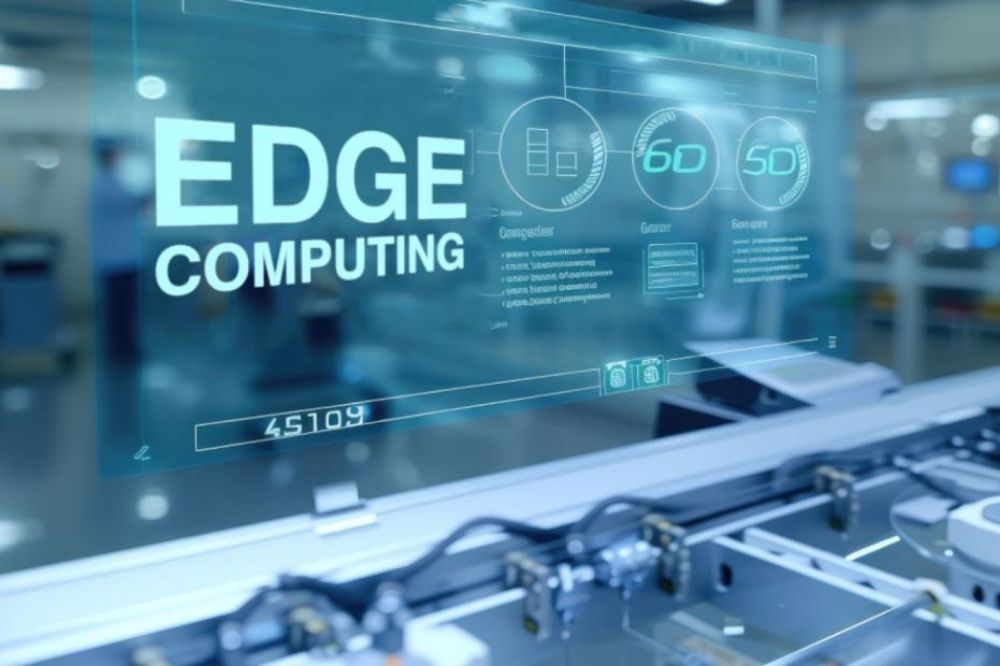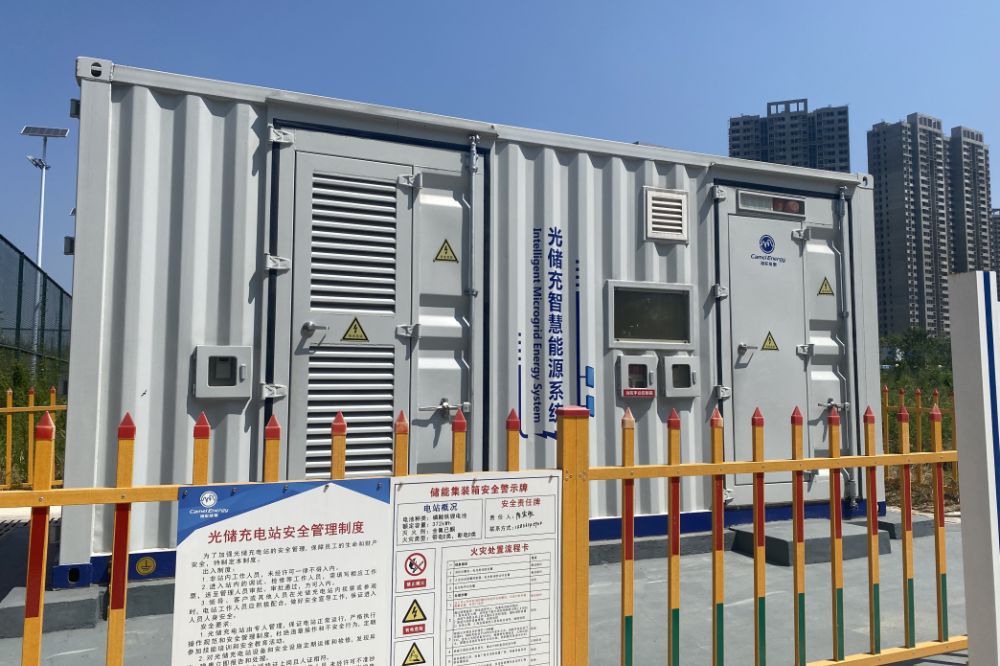Edge computing technology has gained widespread adoption across various industries due to its faster data processing speeds and lower latency.
Among the common edge computing devices, industrial PCs and edge computing gateways both offer high reliability, excellent anti-interference capabilities, and security, making them suitable for long-term stable operation in diverse industrial environments. How should enterprises deploying edge computing choose between them?
1. Differences between Industrial Edge Computing Gateways and Industrial PCs
| Feature/Device | Edge Gateway | Industrial PC |
|---|---|---|
| Primary Function | Data acquisition, real-time processing, protocol conversion, network management | Data acquisition, real-time monitoring, scheduling control |
| Industrial Communication Capability | Supports various industrial protocols (e.g., Modbus, CAN, EtherCAT) and multiple network connection methods (Wi-Fi, 4G/5G) | Supports various industrial protocols (e.g., Modbus, CAN, EtherCAT), typically Ethernet connections |
| Hardware Performance and Architecture | Typically utilizes high-performance ARM processors with sufficient memory and storage | Generally employs high-performance x86 processors |
| Operating System | Primarily Linux | Windows, Linux, and others |
| Computing Capability | Supports simple logic operations and lightweight data processing | Strong data processing capabilities |
| Product Value | Rapid response to data changes, alleviating pressure on central servers | Precise control over production processes |
| Maintainability | Usually supports remote monitoring and management | Maintenance and troubleshooting are relatively complex |
| Price Range | Lower (hundreds to thousands of RMB) | Higher (thousands to tens of thousands of RMB) |
| Product Size and Installation Convenience | Smaller size, easy to install and deploy | Relatively larger, requiring careful planning for installation |
2. Can Industrial Edge Computing Gateways Replace Industrial PCs?
Both edge computing gateways and industrial PCs possess excellent openness and secondary development capabilities, making it convenient for customers to install and maintain their software applications. One might wonder, given that edge computing gateways are significantly more affordable than industrial PCs, whether they can serve as a replacement.
In applications requiring highly precise calculations, control, and rapid responses—such as precision manufacturing and chemical production—industrial PCs remain the preferred option. However, in scenarios where complex control logic is not critically necessary, it is advisable to use edge computing gateways to simplify architecture and reduce edge costs. This approach presents a more economically efficient solution for enterprises seeking optimal cost-performance ratios.
For instance, a large automotive low-voltage battery manufacturer in Asia adopted Robustel's 5G high-performance industrial-grade edge computing gateway EG5120 for real-time monitoring and remote operation of containerized industrial energy storage stations. This solution not only achieved efficient data acquisition, processing, and device feedback control but also reduced costs to merely one-tenth of traditional industrial PCs, significantly lowering overall investment.


